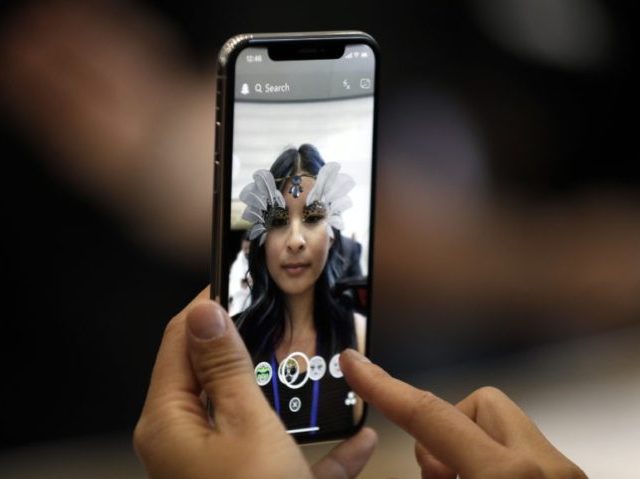Apple’s new Face ID system, which was announced as a feature for the new iPhone X, may prove unpopular with consumers, as fears of biometric protection for electronic devices are relatively prevalent, according to a recent report.
Facial recognition technology is nothing new, but Apple is the first major company to use it as a security feature on a mass-marketed product. This may be due to the complications involved in creating such a system – the ability for cameras to recognize a face as existing in the shot has been around for years, but recognizing specific faces is a lot harder. Face ID uses depth perception technology to scan the user’s face, capturing specific data points in a 3D mesh that it will store in its system.
Face ID is only the latest push towards using biometric security for Apple — a fingerprint scanner has been present on the home button for the past few generations of iPhones.
In the eyes of its supporters, biometric technology is quick, easy and secure. Ollie Hayler, business development director for PalmSecure Biometrics at Fujitsu Cyber Security & Enterprise argued that the move towards biometrics away from traditional security systems is an inevitable one:
Where biometric solutions were once deemed futuristic and unsafe, it is now commonly accepted that neither using a combination of symbols, numbers and letters nor changing passwords periodically can keep accounts safe from cyber threats. Passwords and PIN numbers are becoming a thing of the past as they can be copied, stolen, guessed or shared easily. Now thanks to biometrics, customers and businesses alike have a far more secure choice of authentication and verification.
However, not everyone is so enthusiastic. A report published by Paysafe entitled “Lost in Transaction,” surveyed around 3000 people on the subject, and found that 40 percent believed biometric solutions like Face ID are too risky, with 24 percent saying that they didn’t want to use them, but that they will probably have to at some point in the future. A further 30 percent had never even heard of biometric security systems.
Such results do bother advocates like Hayler, who believes that Face ID and the like would change the culture surrounding biometrics:
While we don’t expect biometric adoption to happen overnight, the proliferation of biometric technologies in consumer devices such as the Apple iPhone will result in consumers becoming more familiar and comfortable with the technology. As such, biometric verification of identity on a personal device will, in one way or another, become a standard identification process.
Jack Hadfield is a student at the University of Warwick and a regular contributor to Breitbart Tech. You can like his page on Facebook and follow him on Twitter @JackHadders or on Gab @JH.

COMMENTS
Please let us know if you're having issues with commenting.